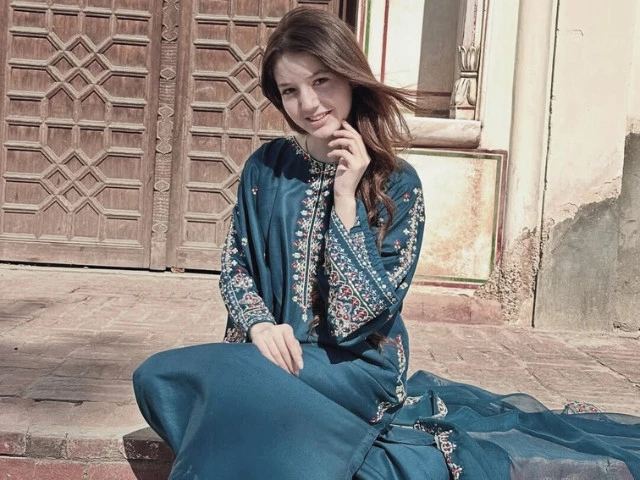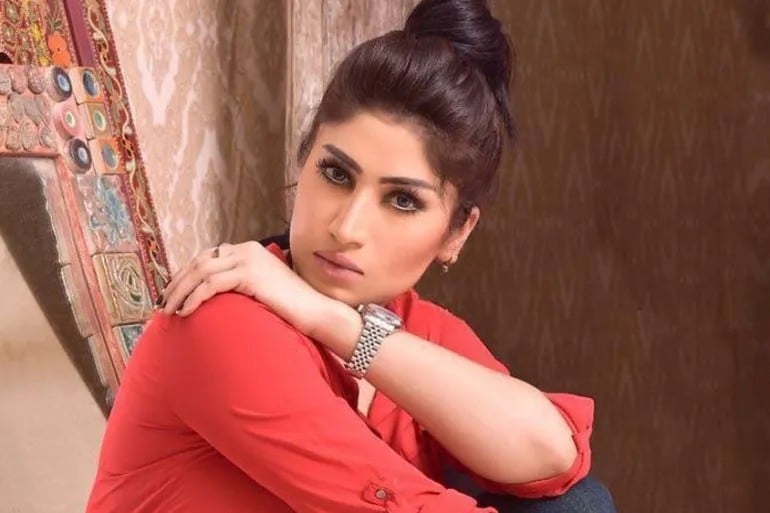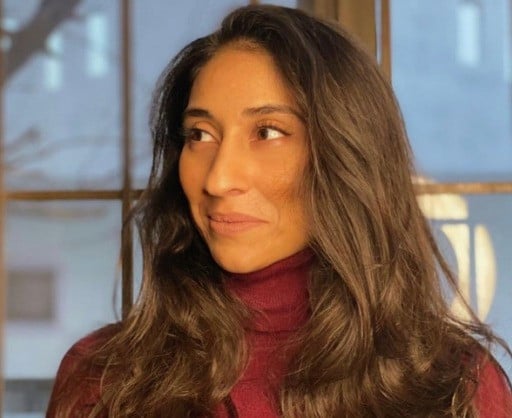Our grief is not justice: The rot that killed Sana Yousaf was never hiding
Another woman gone - and we are still playing the same old song and dance

They say history is a great teacher.
Unless, of course, we are talking about the treatment of women in Pakistan. In that case, the lessons rarely seem to stick. It is not that we forget what happened. In fact, on May 20 when the Supreme Court upheld Zahir Jaffer's death sentence, we proudly reposted ‘#JusticeForNoor’. We like the same photo of Zainab Ansari that makes the rounds on social media on her death anniversary, as many still comment that her killer should have been publicly hanged. We even speak of Qandeel Baloch’s name with bated breath, recounting how unfortunate it was every time we see her picture make it back to our timeline.

And now, we chant for 17-year-old Sana Yousaf. We demand the harshest punishment for her killer, calling for his swift execution, insisting that he be made an example of. We post her pictures with teary captions, share videos of her smiling, and ask: how a girl so young could be taken so violently.
Outrage, by now, is a choreography we have learned by heart. And we really do mean it.
And still, there is always another girl. And then another. And then another.
And make no mistake, there always will be.
Because ours is not a history of lessons learned - it is rot that keeps returning, like a cancer that festers in any corner it can find.
‘Jaisi karni, waisi bharni’
Allow us to demonstrate. On June 3, just hours after it was confirmed that Sana’s murder was an act of hatred by Umar Hayat for rejecting his “friendship” proposal, social media was flooded with supportive comments. However, as the story goes, the sceptics eventually began to creep. One comment appeared. Then another. Then a third. But why was she on TikTok to begin with? Where are her parents? She must have had some involvement in this.
So, what started as a clear case of rage on femicide by any definition of the word, swiftly flattened into a PR-friendly lecture on how girls should behave. Inevitably, rolling the red carpet for everyone’s favorite pseudo-moralists, who, true to form, reach for their most iron-clad, tight-fisted defence: the Islam card. This ranged from throwaway one-liners about the necessity of modesty, casually dropped into comment sections, to full-blown fanatics spewing the most vile vitriol, calling for the swift “erasure” (being generous here) of all such women, because they are the ones spreading “fahaashi”, leading society astray and betraying the word of God. Ironically, they consistently fail to acknowledge what Islam actually teaches: that there is no compulsion in religion, that justice is sacred, and that the burden of wrongdoing lies not on the victim, but the oppressor. But nuance, of course, rarely trends.

Neither does picking a side, because celebrities with mammothian platforms, sweeped in at just the right time to provide half-baked statements of condemnation while simultaneously preaching the dangers of social media, the importance of privacy, and how young girls should be careful. Only a few and far between had the courage to call a spade a spade: a man felt entitled to a girl’s life and he took it.
It is not just the social media echo chamber that is pushing this narrative, too. Just last week, Justice Ali Baqir Najafi stood in the Supreme Court, following Jaffer’s sentencing and described Noor’s case as a warning against live-in relationships. Unfortunate and disgusting sure, but a cautionary tale, nevertheless. And so, the case of a woman who was tortured, killed, and beheaded became, somehow, a parable about lifestyle choices inviting danger.
And the cancer does not stop at the courtroom. We saw this unfold in real time with the Dua Zehra case, where large media outlets and mainstream journalists after expressing their concerns, speculated on her character, questioned her sanity, painted her as rebellious, and amplified every salacious detail they could find.
Our silent complicity
Perhaps the most devastating betrayal comes when these words are repeated by our own. At the dinner table, the cancer lives in our mothers, who mourn the news as it plays on the television and then reinforce this is why girls should stay home. It grows in our grandmothers, who agree with them, sighing “in my day girls stayed quiet.” It breathes in our cousin commenting, “this happens when girls don’t stay within their limits”. It thrives in phrases like, “apni izzat apne haath” (you are the guardian of your own honour). Undeniably, while there is some truth to the notion that we have a degree of control over the respect we receive from those around us, more often than not, this phrase is used in a deceptive way to teach young girls something far more insidious. It becomes a subtle, almost palatable way of implying: “What happened to you is sad but if you hadn’t done this or that, you wouldn’t have invited this trouble; maybe you could have saved yourself.”

So the point we arrive at is this: despite what we like to tell ourselves, these are not bad apples, or an “uneducated” few. This is the symptom of a society suspended in a coma, where shock is expected, but action is absent. Each time a woman’s name becomes a headline, we jolt awake, shaken by our anger; we post tributes, we write captions, until slowly slipping back into a familiar sleep. The truth is, we live in a state of denial, of the unique willful kind, where we have learned to perform our grief. Public mourning has become our substitute for justice and expressions of solidarity have become our excuse to avoid confronting the systems and this has allowed this violence to happen again and again.
Perhaps, at this point, this has paralysingly become our only choice. But at the very least, let us not pretend to be surprised. Let us not mourn Sana as if her death was unprecedented or unthinkable. The cancer that led us here is not new and it is not hiding. It has baked into our institutions, families, conversations and media. And it is now convincing us that our grief is enough.
Which, for the record, it never was, and it never will be.
Have something to add to the story? Share it in the comments below.



















COMMENTS
Comments are moderated and generally will be posted if they are on-topic and not abusive.
For more information, please see our Comments FAQ